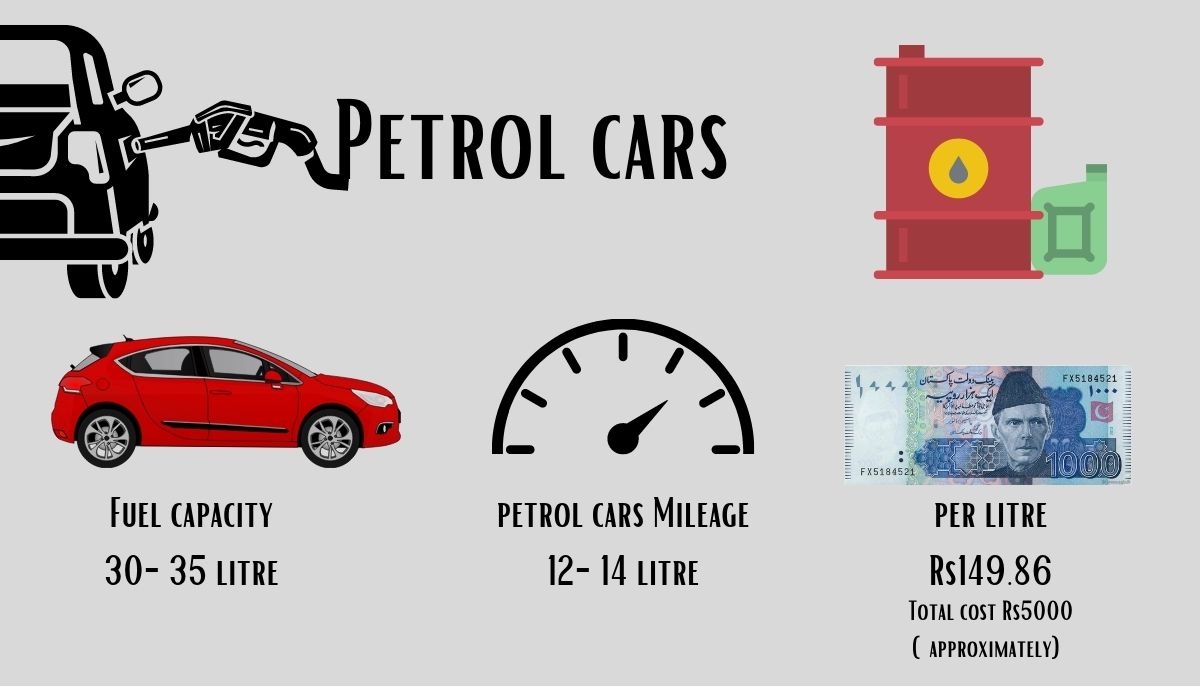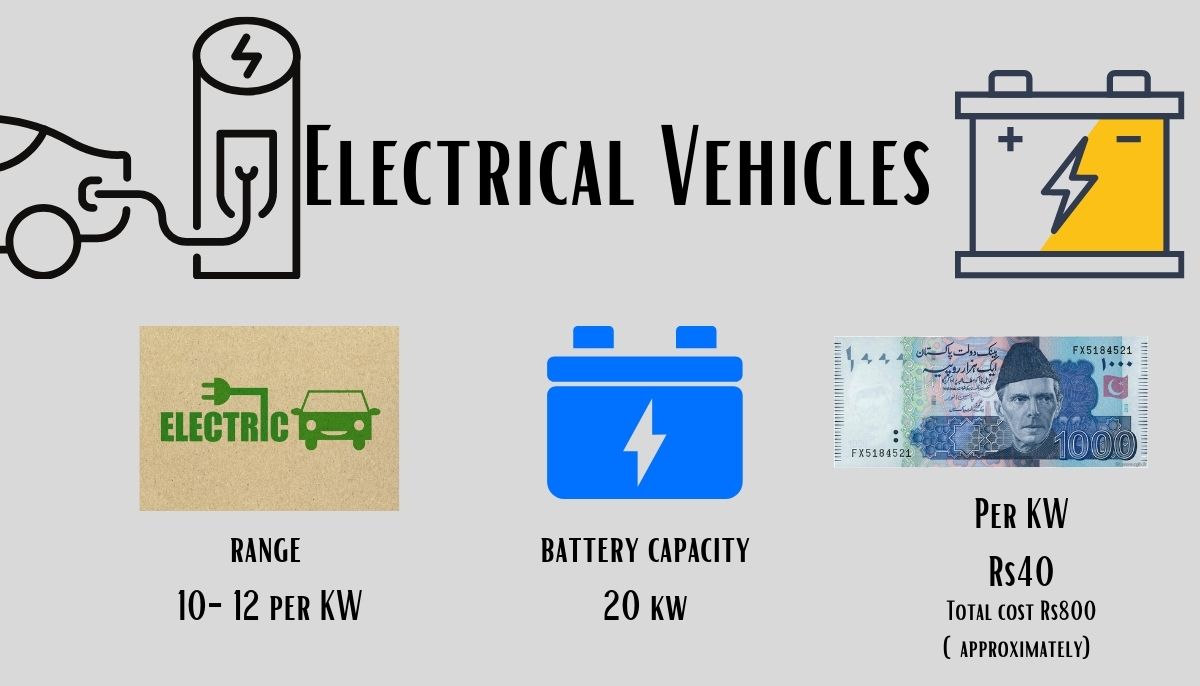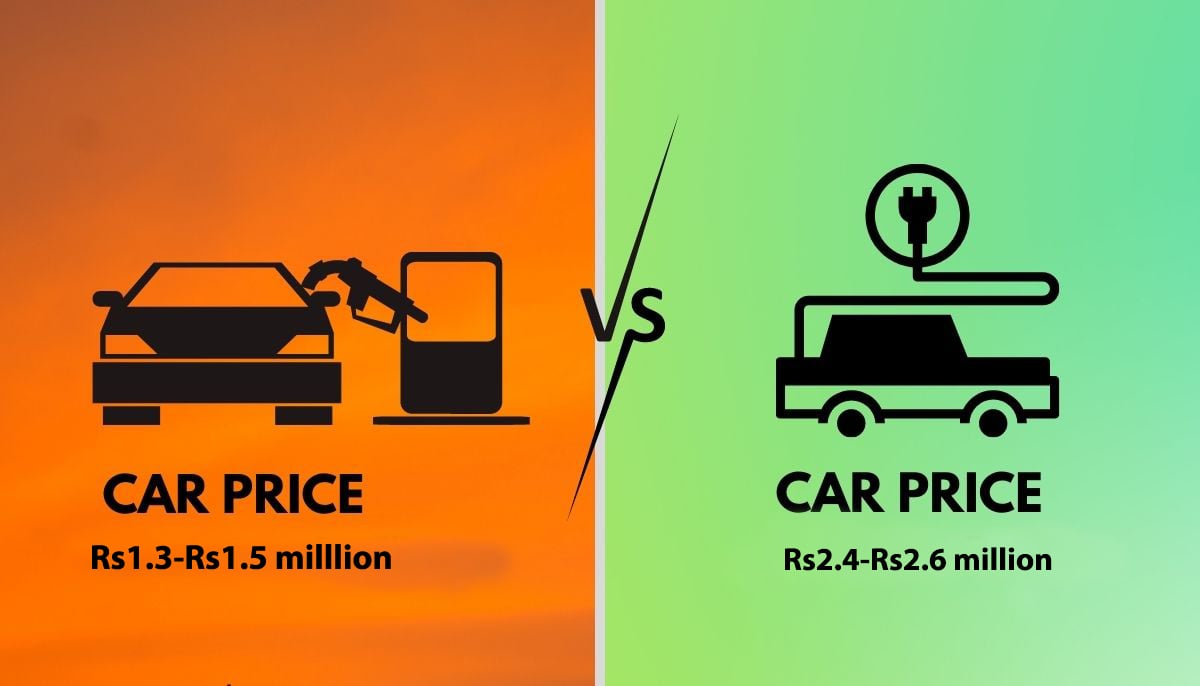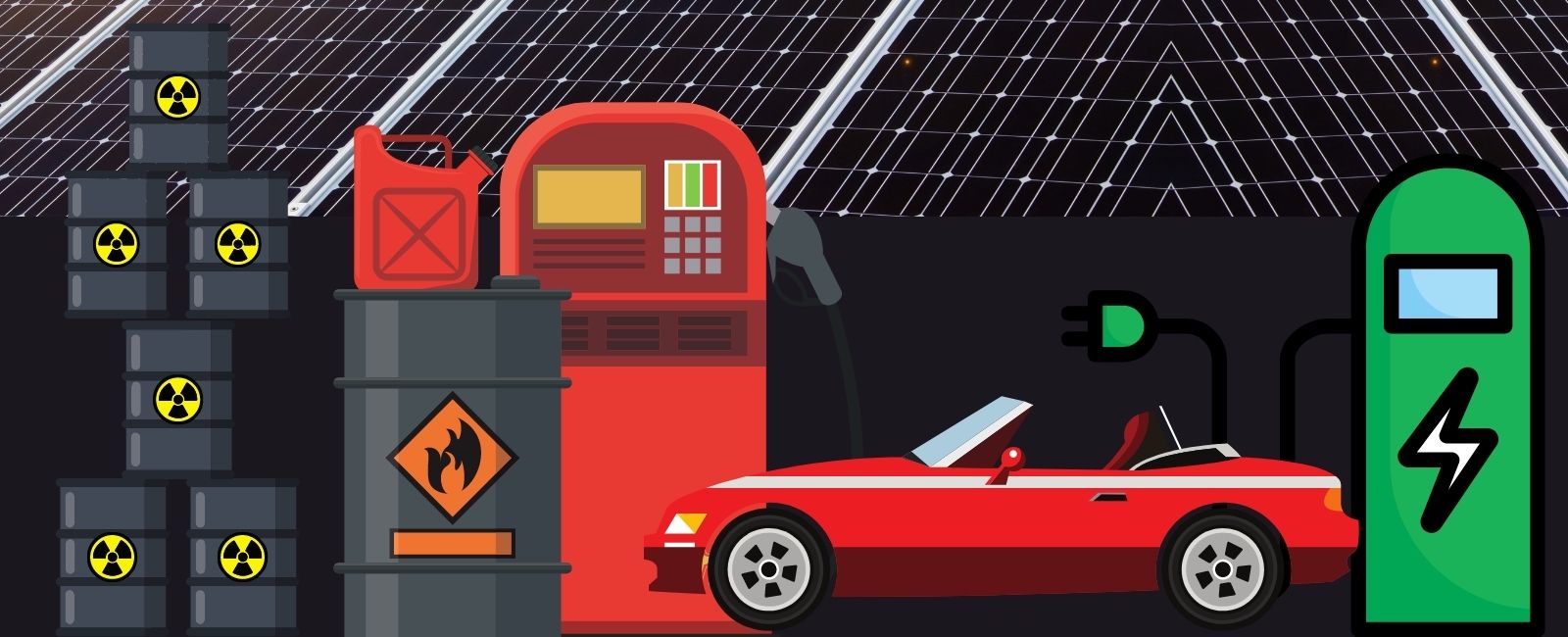Are electric vehicles smart choice for Pakistanis?
Journey towards transition to EVs is full of unidentified challenges; may demand more exhaustive effort than expected

Pakistan has its eyes set on the transition to electric vehicles (EVs) and the automobile sector is expected to undergo a drastic transformation over the coming decade as the government wishes to manufacture around 100,000 electric cars and more than half a million two and three-wheelers.
Keeping in view that air pollution takes away thousands of lives each year and costs around 5-6% of the GDP, the government’s intentions are legitimate. However, the execution of the strategy is the biggest hindrance as the journey towards this transition is full of unspecified challenges and may demand a more exhaustive effort than one may expect.
The future of the transportation world indeed lies in EVs and the question is how Pakistan can best prepare for that future. As the technology will take many years to fully mature, Pakistan should make a gradual, phase-wise entry into the EV space.
EVs impact on oil import bill
While EVs can play a major role in climate change; they also have the capacity to contribute economically as by replacing the conventional vehicles with EVs, Pakistan’s fuel import bill will be reduced as most of the finished petroleum products used in transport are imported.
Speaking to Geo.tv, Arif Habib Limited Head of Research Tahir Abbas said that the auto industry has been growing at a rapid pace.
“Keeping in view the fact that almost all the vehicles are fueled via oil-based products —which makes up around 25% of the total import bill — therefore, any potential shift towards hybrid/electric vehicles is expected to ease significant pressure off the import bill,” he said.

According to the electric vehicle policy, the demand for oil products will drop by millions of tons by the year 2030.
Meanwhile, industry players highlighted that plants for conventional cars are more expensive to establish as they cost around 10 times more than an electric vehicle car plant.
EVs can be a turning point for the industry and would also help alleviate pressure on the country’s current account deficit by reducing the oil import bill.
In 2020, Adviser to Prime Minister on Climate Change Malik Amin Aslam had said that the PTI-led government plans to convert 100,000 cars and 500,000 two and three-wheelers to electric vehicles in four years.
He had said that the initiative would lead to a saving of 70% in running costs, cutting almost $2 billion in oil imports by 2030.
EVs impact on power consumption
Although electric vehicles are a good bet, the question of the availability of electricity and electric infrastructure in Pakistan makes things uncertain.
While the EVs can help reduce the oil import bill, people believe these vehicles will add an additional burden on power consumption. In Pakistan, where the industries are not provided sufficient power supply and where people face continuous load shedding issues, would EVs add on to the challenges to the power pandemic in the country?
Clarifying the misconception, Abbas said that Pakistan has a glut of power generation with an annual capacity of 37,000MW.

“Together with it, capacity expansion of around 7,000MW is expected in next 3-5 years,” he said, adding that the government is already promoting the usage of electricity to residential and commercial consumers.
“A gradual shift to EVs will not be a challenge amid excessive power availability,” he asserted.
According to a study conducted earlier by the National Transmission and Despatch Company (NTDC), the government plans to develop 120 new power projects by 2040 in a bid to add 74,448 megawatts of production capacity to the system. Most of this capacity will come from hydel, domestic coal and renewable sources including wind and solar.
By the year 2040, Pakistan’s energy demand is projected to be at 80,425MW while supply will stand at 98,091MW after the addition, according to the NTDC.
While a common man might think that the EVs will put an additional burden on the already suffering power sector, analysts clarified that this is not the case.
“Most of the EVs will have no impact on the power consumption,” said Shaukat Qureshi, an auto industry veteran, who now heads EV Technologies – a consulting firm for businesses that want to enter the electric vehicle business in the country.
He explained that according to the rule EVs cost one-third less amount compared to conventional vehicles.
For example: if a person travels from point A to point be in Rs100 in his/her oil-operated vehicle, the same distance will be covered in Rs30 in an electric vehicle.
The industry player further elaborated that the 800 volts EVs have a plugin facility and batteries can be charged at home; however, for EVs, more than 1,000V will require charging stations.
“EVs that have plugin capacity need to be charged in three days and cover approximately 200-250 km in Rs50-100.
Are EVs cheaper?
With higher demand for oil-operated vehicles, the production and import practice is done on a large scale which eventually reduces the cost of EVs.
Meanwhile, for EVs due to the initial stages of technological development, the cost of buying an electric car is higher than the comparable cars, however, the cost of maintaining and running an electric vehicle is cheaper than fuel cars.

For example; EVs are usually low-maintenance cars as they don’t require oil replacement or spark plug and have fewer mechanical parts compared to Internal Combustion engine (ICE) vehicles.
Qureshi said that the EV model with a lithium battery of 10KW will cost consumers around Rs2.4-2.6 million while an 800cc conventional oil-operated vehicle will cost around Rs1.3-1.5 million.
— Thumbnail image and info graphs used are all Geo.tv's illustrations




